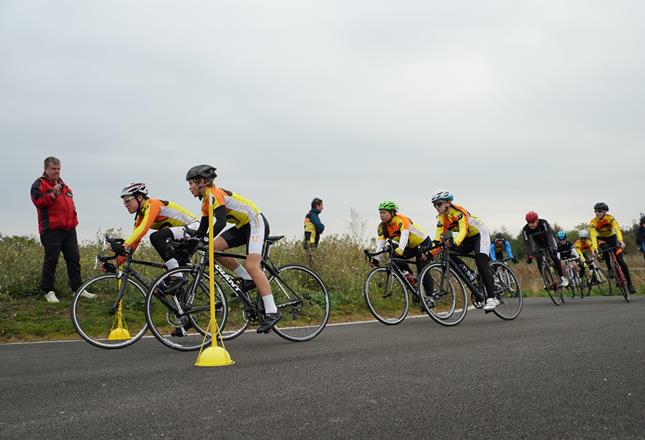
It’s no secret that the integrity of cycle sport, like several other sports, has been called into question in recent years following a handful of high-profile cases, played out in the media.
Some of these cases have directly called into question British Cycling’s handling of and responsibility for maintaining standards in our sport. In response, these cases prompted a transformation in our organisation as we aspire to be a world class governing body.
The thousands of people across Britain who race their bikes for the sheer joy of it deserve nothing less. Like all NGBs, we must make sure that the highest standards of ethical behavior start with our organisation’s leadership, so they can exist within and across all levels of our sports.
We owe it to our riders, our members and cycling’s growing fanbase to show that we are worthy of their trust. But taking forward the fight against doping cannot be achieved by strong governance alone, and this isn’t unique to cycling.
Yes, values and standards should start at the top, but there must be a collective effort to embed the right culture at every level of the sport.
At the heart of this is education. It is paramount that competitors in our sport – no matter the level at which they are competing – are armed with the knowledge they need to understand their responsibilities, so they can make the right decisions.
We should not expect riders to observe the high standards expected if we do not educate them to recognise what these standards are. We are committed to making sure they are empowered to raise the alarm if they have concerns.
Education, therefore, needs to start from the bottom. If we are to continue to nurture a genuine, clean ethos at all levels we need to promote and grow opportunities to learn at the grassroots of our sports.
Rules and regulations only go so far but by empowering all riders - from those competing at major games through to people participating in a sportive or coaching - we will support a strong and consistent anti-doping culture.
Our partnership with UKAD signalled a joint commitment to tackling cheats and has set its sights on reaching all of our audiences - talent pathway riders, ordinary British Cycling members, elite riders and the wider cycling community – so that the big names of our sport rise through a system where a clean culture is deeply embedded.
For many sports, imploring the highest standards across the volunteer network is a challenge. However, during my time at England Golf, the implementation of a governance toolkit for clubs and another for the county bodies, was an effective way of providing guidance on everything from decision-making structuresand financial management through to safeguarding.
Golf is in a healthier place for this, but this approach can be applied to other sports, enabling clubs and county or regional bodies to do the right thing for the sport they love.
From vulnerable young club members through to those on our podium programme, protecting and supporting athlete welfare is a crucial element of securing public trust. Well known incidents of cases where winning medals has come at the expense of personal welfare highlight the issue.
At British Cycling, we are tackling this in several ways including our new Integrity and Compliance Department; the creation of a clinical governance committee to make sure the highest standards of professionalism and care and the appointment of a Lead Safeguarding Officer to strengthen this vital area.
Ultimately, we need to challenge ourselves at every opportunity and ask, “is this the right thing to do by our athletes and by our sport?”. An incredibly simple question but one which, if neglected, can have serious repercussions.
Real culture change will take time to embed but if we are to develop and protect the reputation of our great sports, education is the single most important investment we must make.
This afternoon, the Chancellor delivered her Budget speech to Parliament, outlining decisions on tax and spending.
Read moreAhead of the Chancellor’s Budget statement on 26 November, we take a look a look at the key areas to be aware of and the work the Alliance has been doing lobbying on behalf of members.
Read moreGovernment has today formally launched a consultation on reforming the role of statutory consultees in the planning system. The consultation runs for eight weeks, closing on 13 January 2026.
Read moreJoining the Sport and Recreation Alliance is pretty simple, but worthwhile!
Register now